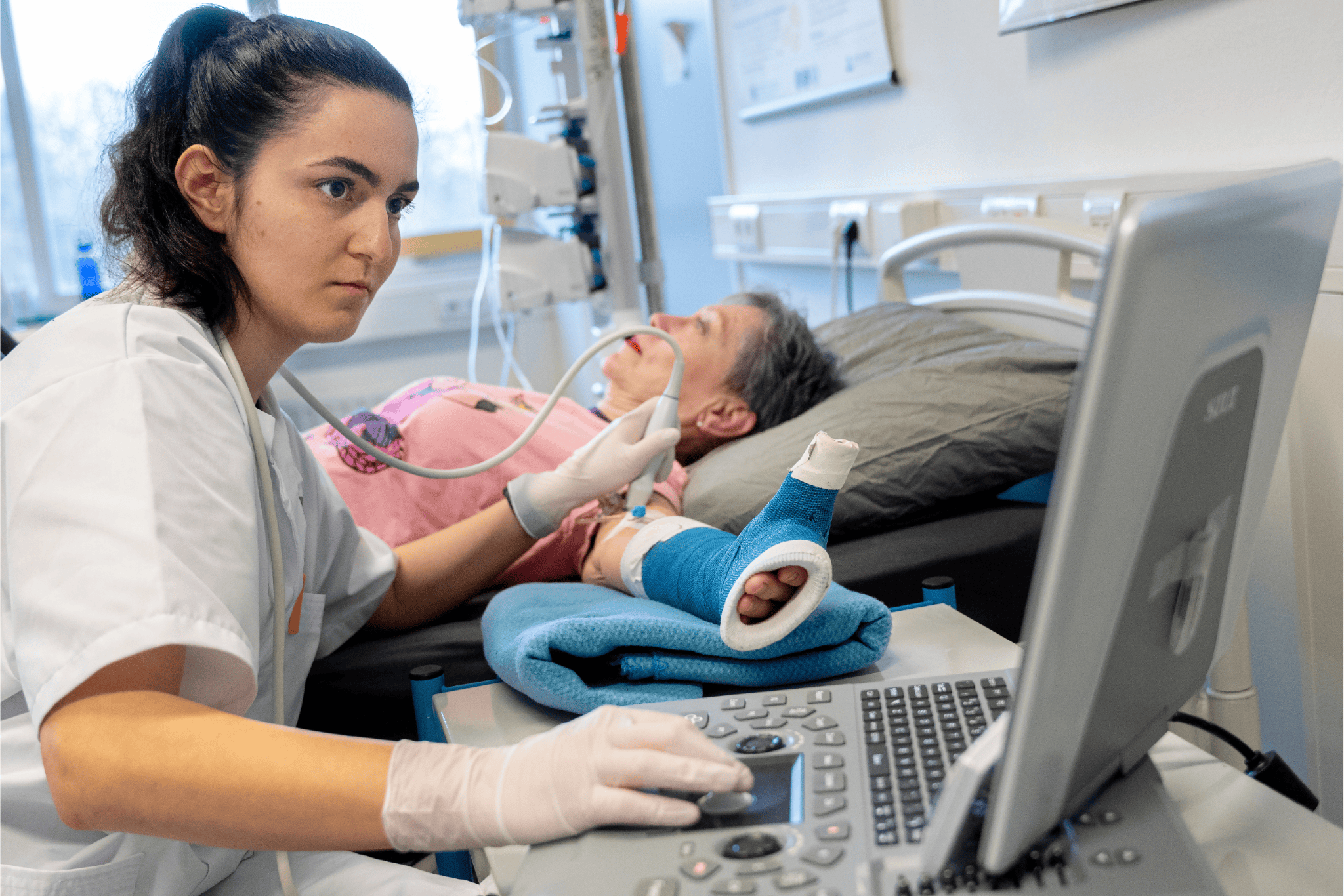PhD candidates explain their most provocative proposition. This time it’s the turn of Marie-Luise Puhlmann, who received her PhD on 9 October for a study of the effect of nutritional fibre from chicory on bowel health.
‘My PhD research was about bowel and metabolic health. I was struck by the fact that women suffer from bowel problems more than men do.
‘For the HappYFiber study, we are looking for an equal number of men and women with bowel problems. But at the moment the response we’ve got is almost exclusively from women, and we don’t understand why that is. Why does one half of the population have more difficulties than the other? We also noticed that women who have signed up for this study often also suffer from endometriosis, a condition in which the mucus membrane in the uterus grows outside the uterus as well.
The female reproductive system is very close to the intestines and the two influence each other. When women are menstruating, they need to go to the toilet more frequently. The cycle has an impact on bowel movements. Hormones that are produced to get the uterus to contract during menstruation have an impact on the surrounding organs such as the bowel too.
If we are to gain a real understanding of how a woman’s body works, we need to do more research on it. After that, we can compare it with the way a man’s body works. In the older literature there are only studies of men, based on the idea that the research “will not then be hampered by the interference of the hormones”. That is nonsense of course. That is simply how the body of half of the world population works. It’s ludicrous to exclude women because a man’s body “is just easier” to measure.’




